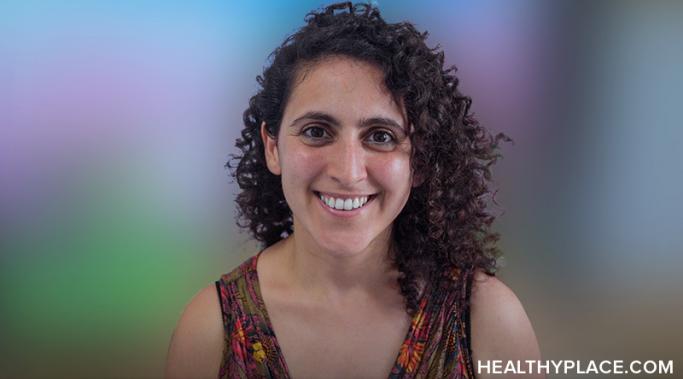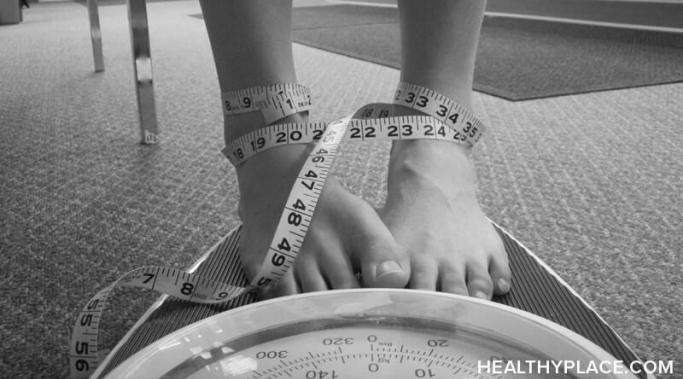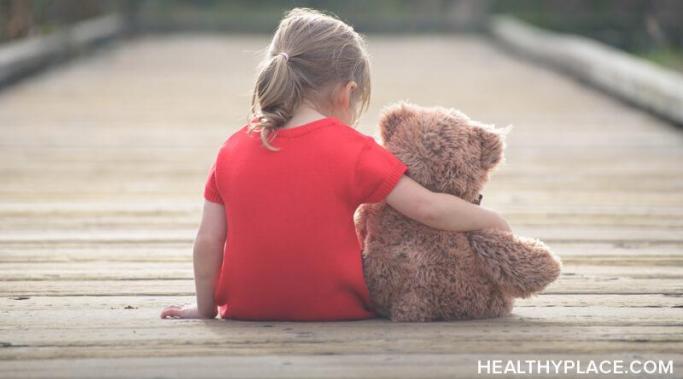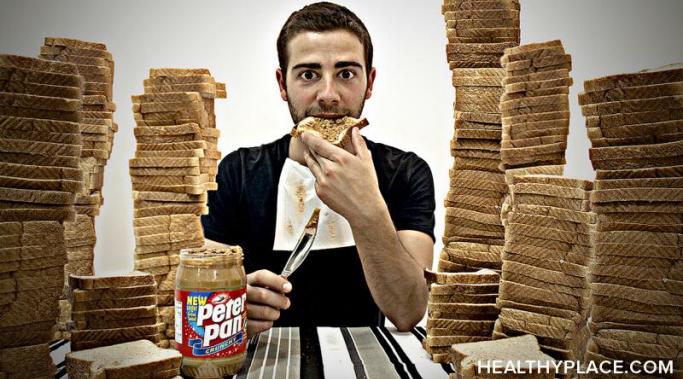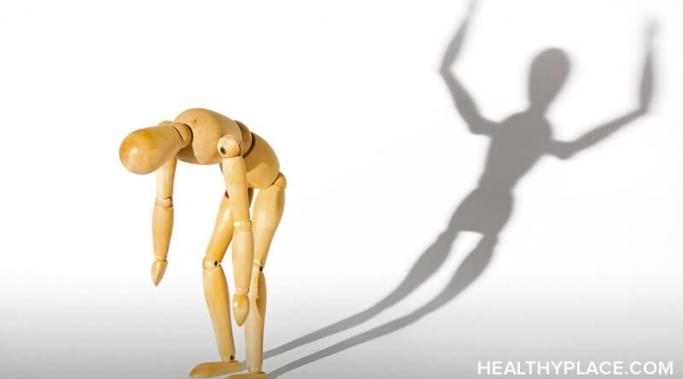My name is Ziba Redif, and I’m the new co-author of "Surviving ED" at HealthyPlace. I’m a writer, researcher and photographer from London, with a background in philosophy and psychology. I’m passionate about unraveling the shame and stigma that envelopes mental illness through sharing my own experiences of disordered eating and my journey towards eating disorder recovery, as well as challenging the many stereotypes about eating disorders embedded in our society.
Surviving Eating Disorders Videos
Feeling your emotions in eating disorder recovery can be unsettling at first. Eating disorders strive to brush uncomfortable emotions aside—to ignore the tension and medicate the suffering—but deep-rooted anger, insecurity, fear, grief, loneliness, rejection or similar emotions must be named and felt in order to achieve sustainable eating disorder recovery. Instead of masking the pain with harmful behaviors, it's crucial to acknowledge, identify, express and feel your emotions. This practice of tuning into your own emotionality creates space for self-awareness, compassion, acceptance and, ultimately, healing.
My name is Mary-Elizabeth Schurrer (but for convenience sake, call me Mary-Beth). I’m honored to join HealthyPlace’s Surviving ED blog. I hope we can engage in honest, authentic and meaningful conversations about the triumphs and struggles of eating disorder recovery. But first, here’s some background on my own path to healing from anorexia nervosa.
It's important to show empathy to yourself and others in eating disorder recovery. It’s vital for our loved ones to be able to show empathy for us as we journey towards recovery. It’s also vital to be able to show empathy for ourselves because empathy will help to keep us in eating disorder recovery. Here’s how to show empathy to yourself and others in eating disorder recovery.
Shame can keep you trapped in an eating disorder. Shame is insidious, creeping into our self-esteem and wreaking havoc on our thoughts and feelings. Eating disorders come with both shame and guilt, but the difference is important. Shame is the feeling that “I am bad,” while guilt is the feeling that, “I did something bad.” The insidious part about shame is that we begin to see ourselves and the eating disorder as one. When we do this, we become all bad and shame keeps us trapped in the eating disorder.
Eating trigger foods in your eating disorder recovery can feel terrifying at first. The reason the foods are trigger foods in the first place is because they cause anxiety and trigger the neural pathway to act on our eating disorder pattern, whatever it may be. Eating trigger foods as a part of your recovery can be a freeing process.
At some point in your eating disorder recovery, you will need to release anger. Recovery is an interesting process and it can also be tough. When anger comes up, it’s important to know how to handle it so that it doesn’t get stuck in your body and trigger eating disorder patterns (How to Channel Anger Constructively). Take a look at these helpful suggestions to help you release anger as it arises in your eating disorder recovery.
In life, and in your eating disorder recovery, you are the constant. Let’s be honest, when we have an eating disorder, recovery feels like the most daunting path we face. There are reasons the eating disorder started; therefore, recovery is a process of exploring little black holes, and learning the skill sets we missed. Recovery can feel as though it depends on so many external things. Will we get into a good recovery program? Will it be covered by health insurance? Will we find a therapist who helps us move forward? Recovery can feel as though it’s based on a slew of external decisions, and we’re simply a bystander. However, the reality is that we are the constant in eating disorder recovery We are the most important factor.
Hope in eating disorder recovery is a vital key to success (Hope – the Foundation of Mental Health Recovery). Without hope, we have nothing to look forward to but a life tortured by our eating disordered voice and patterns. We have day after day of a cruel, incessant voice in our ears about what failures we are. Hope, even if just a sliver, is like a thin whisper of smoke over the mountains when you’re wandering alone in the forest. That smoke says, “If I can just make it there, over the mountain stretch, there’s a place waiting for me by the fire.” So how do we raise our heads and see the thin veil of smoke as we wander? How do we keep hold of hope in eating disorder recovery?
Everyone with an eating disorder believes in one, sacred lie. This lie is the superficial reason that the eating disorder started. This lie is the reason that girls and boys, women and men, will turn their lives into a confetti of chaos. This lie is the reason that every moment is rife with obsession or shame and the reason that we torture and destroy our bodies in unhealthy ways. It’s the reason we distance ourselves from our friends and family and isolate in our own personal hell. This is the eating disorder lie that destroys us
